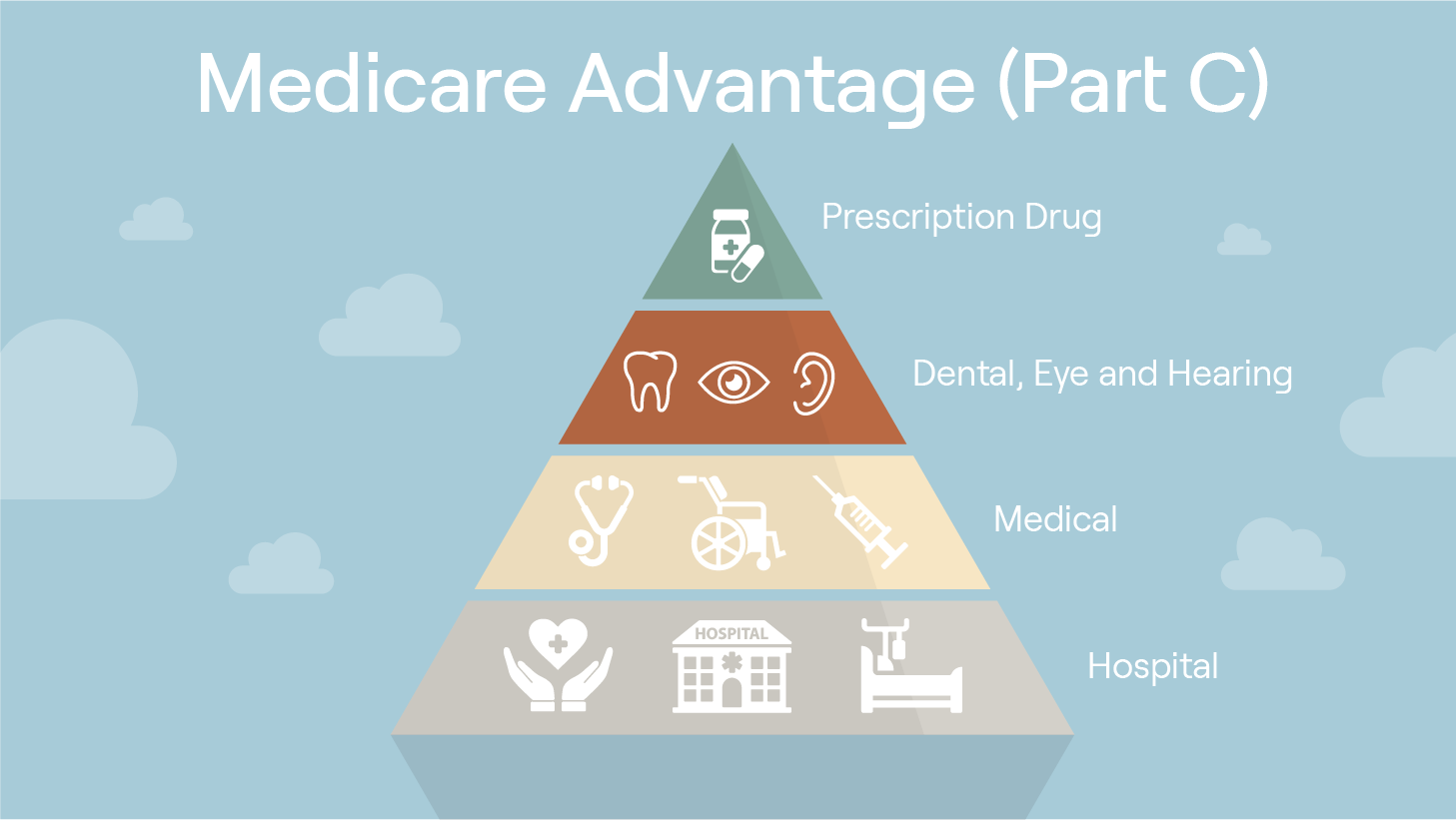Is an IUL Better than a 401k?
When it comes to retirement planning, there are many options available. Two of the most popular are the indexed universal life insurance (IUL) and the 401k plans. While both have their advantages and disadvantages, which one is better for you? In this article, we will explore the differences between IUL and 401k and help you decide which one is a better fit for your retirement needs.
Table of Contents
- Introduction
- What is an IUL?
- What is a 401k?
- IUL vs. 401k: The Differences
- Tax Benefits
- Investment Flexibility
- Risk Tolerance
- Fees and Charges
- Death Benefit
- Loan Options
- Which one is better for you?
- Pros and Cons of IUL
- Pros
- Cons
- Pros and Cons of 401k
- Pros
- Cons
- Frequently Asked Questions (FAQs)
- What is the main difference between an IUL and a 401k?
- Can you have both an IUL and a 401k?
- What happens to my IUL policy if I die?
- Can I withdraw money from my IUL policy?
- Is an IUL policy guaranteed?
What is an IUL?
An indexed universal life insurance policy (IUL) is a type of life insurance policy that combines a death benefit with an investment component. The investment component of the policy is linked to a stock market index, such as the S&P 500, and the policyholder’s cash value grows based on the performance of that index.
The policyholder can choose how much of their premium payment goes towards the death benefit and how much goes towards the investment component. The cash value of an IUL policy grows tax-free and can be withdrawn tax-free as long as the policy is kept in force.
What is a 401k?
A 401k is a type of retirement savings plan offered by employers. Employees can contribute a portion of their pre-tax income into the plan, and the contributions grow tax-free until withdrawn at retirement. Many employers also offer matching contributions up to a certain percentage of the employee’s salary.
Withdrawals from a 401k plan are taxed as regular income, and there are penalties for early withdrawals before the age of 59 and a half.
IUL vs. 401k: The Differences
Tax Benefits
One of the main differences between an IUL and a 401k is the tax benefits. With an IUL, the cash value grows tax-free and can be withdrawn tax-free as long as the policy is kept in force. With a 401k, contributions are made pre-tax, meaning that the contributions reduce the employee’s taxable income. However, withdrawals from a 401k are taxed as regular income.
Investment Flexibility
Another difference between an IUL and a 401k is the investment flexibility. With an IUL, the cash value is linked to a stock market index, and the policyholder does not have control over how the funds are invested. With a 401k, the employee has control over how their contributions are invested.
Risk Tolerance
When it comes to risk tolerance, an IUL is generally considered to be less risky than a 401k. The cash value of an IUL is linked to a stock market index, but the policyholder is protected from market losses by a guaranteed minimum interest rate. With a 401k, the investments are subject to market volatility, and the employee bears the risk of market losses.
Fees and Charges
IUL policies typically have higher fees and charges than 401k plans. These fees can include mortality and expense charges, administrative fees, and surrender charges. On the other hand, 401k plans may have lower fees and charges, depending on the investment options chosen by the employee.
Death Benefit
One of the main benefits of an IUL is the death benefit, which is paid out to the policy’s beneficiaries upon the policyholder’s death. The death benefit is usually tax-free and can be used to cover funeral expenses, pay off debts, or provide financial support to loved ones. 401k plans do not typically include a death benefit.
Loan Options
Another benefit of an IUL is the ability to take out loans against the policy’s cash value. These loans are usually tax-free and can be a source of low-interest financing for major expenses. 401k plans may also offer loan options, but the loans must be repaid with interest.
Which one is better for you?
Choosing between an IUL and a 401k depends on your individual retirement needs and financial goals. If you are looking for a guaranteed death benefit and tax-free growth and withdrawals, an IUL may be a good choice for you. However, if you prefer more investment flexibility and lower fees and charges, a 401k may be a better option.
Pros and Cons of IUL
Pros
- Guaranteed death benefit
- Tax-free growth and withdrawals
- Loan options
- Protection against market losses
Cons
- Higher fees and charges
- Limited investment flexibility
- May require medical underwriting
Pros and Cons of 401k
Pros
- Lower fees and charges
- Investment flexibility
- Employer matching contributions
- May offer Roth contributions
Cons
- No guaranteed death benefit
- Subject to market volatility
- Withdrawals are taxed as regular income
- Limited loan options
Frequently Asked Questions (FAQs)
What is the main difference between an IUL and a 401k?
The main difference between an IUL and a 401k is that an IUL is a life insurance policy that includes an investment component, while a 401k is a retirement savings plan that includes investment options.
Can you have both an IUL and a 401k?
Yes, you can have both an IUL and a 401k, as they serve different purposes. An IUL can provide a guaranteed death benefit and tax-free growth, while a 401k can provide investment flexibility and employer matching contributions.
What happens to my IUL policy if I die?
If you die while your IUL policy is in force, the death benefit will be paid out to your beneficiaries tax-free. The death benefit can be used to cover funeral expenses, pay off debts, or provide financial support to loved ones.
Can I withdraw money from my IUL policy?
Yes, you can withdraw money from your IUL policy tax-free as long as the policy is kept in force. However, withdrawing money from the policy may reduce the death benefit and the cash value of the policy.
Is an IUL policy guaranteed?
An IUL policy may offer a guaranteed minimum interest rate, which protects the policyholder from market losses. However, the growth of the policy’s cash value is linked to the performance of a stock market index and is not guaranteed.
Conclusion
Choosing between an IUL and a 401k requires careful consideration of your retirement goals and financial situation. While both options have their advantages and disadvantages, an IUL can provide a guaranteed death benefit and tax-free growth and withdrawals, while a 401k can offer investment flexibility and employer matching contributions.
It’s important to consult with a financial advisor to determine which option is right for you, as each person’s financial situation is unique. With the right guidance, you can create a retirement plan that meets your needs and provides financial security for you and your loved ones.
- Questions about Indexed Universal Life
- The Pros and Cons of Using a Health Insurance Agent for ACA Coverage
- Comparing Term Life vs. Permanent Life: Which is Right for You?
- The Benefits of Indexed Universal Life Insurance for You and Your Family
- The Pros and Cons of Variable Annuities
Benefits of Medicare Advantage for Veterans
Veterans and Medicare Advantage plans represent a crucial intersection of health- care services designed to enhance the medical coverage available…
10 Essential Insurance Tips to Protect Your Future
1. Assess your insurance needs based on income, assets, and dependencies. 2. Understand policy types: life, health, auto, home, and…
ACA 2025 Open Enrollment
The ACA 2025 Open Enrollment Period represents a pivotal opportunity for individuals and families to obtain health insurance coverage under…
Medicare Annual Enrollment Period 2025
The Medicare Annual Enrollment Period (AEP) for 2025 is a critical time for beneficiaries to review and adjust their Medicare coverage, running…
Medicare Advantage and the Nearing Annual Election Period
Medicare Advantage and the Nearing Annual Election Period Introduction Navigating Medicare can feel like trying to read a map written in a…
Understanding Medicare Advantage Plans
Understanding Medicare Advantage Plans Medicare Advantage plans have become a popular alternative for people who want more flexibility and comprehensive coverage…













